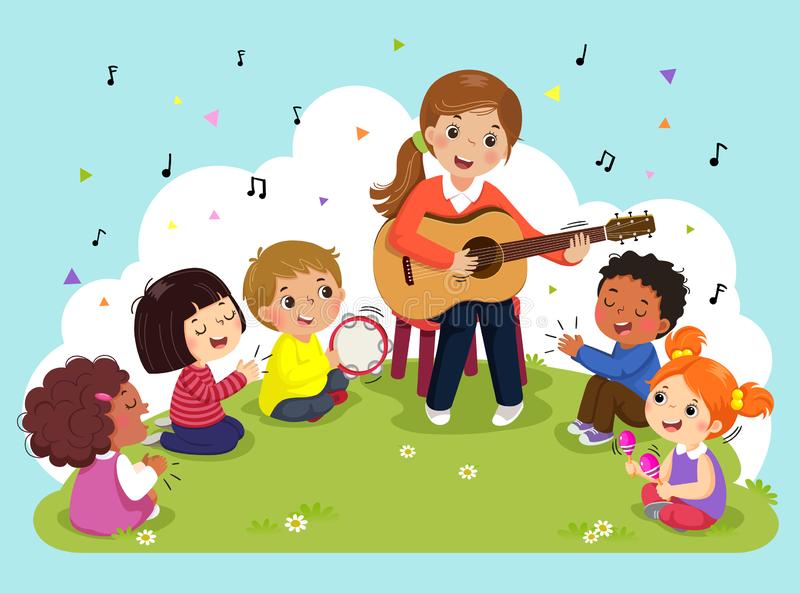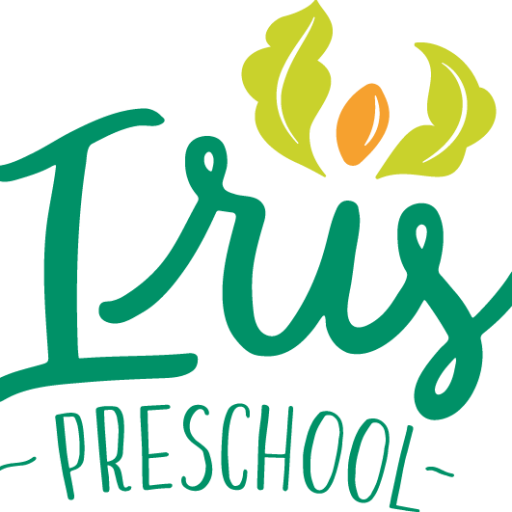𝐀𝐌𝐀𝐙𝐈𝐍𝐆 𝐒𝐔𝐌𝐌𝐄𝐑 𝐈𝐑𝐈𝐒 𝟐𝟎𝟐𝟓 CHƯƠNG TRÌNH HỌC TẬP VUI CHƠI VỚI CHỦ ĐỀ ‘NƯỚC’ – HOẠT ĐỘNG CẮM TRẠI HÈ Trại hè 2025 tại Iris là cơ hội cho các con vui học tiếng Anh mỗi ngày với giáo viên bản ngữ, các bé được thể hiện tài năng tiềm ẩn, khám phá và phát
1. How Music Makes Children Smarter
As a child sings, dances, and plays instruments, research indicates that they are building pathways in the brain that will benefit them for a lifetime.
Neuroplasticity is the ability of the brain to change and adapt in response to it’s environment.
It is in the first three years of life that a child is forming the brain connections that will lay the foundation for the speech/language, motor, and cognitive skills they will use for years to come.
Through that magical world of play, our little ones begin to learn and assimilate information about themselves and the world. Providing a rich and varied musical environment for a child not only enhances their musical tastes and exploration, these playful, engaging musical experiences can facilitate life-changing skill acquisition.
2. Music Activates Both Hemispheres of the Brain
Children develop systematically along five domains: speech/language, fine motor, gross motor, cognition and social skills.
Not only is music a success oriented and engaging means of addressing these skill areas, music drives neuroplasticity by pairing non-musical skills with music. This engages multiple systems of the brain in synchrony and fosters communication between both hemispheres.
What does all of this mean for your preschooler? It means that not only is a child that sings “a happy child” they are also busy learning, practicing, and assimilating new information and skills.
3. Hello Song
Music is the perfect way to start a preschooler’s day! Use a “Hello” or “Good Morning” song as your little one greets the start of a new day.
Say “Hello” to clapping hands, stomping feet, wiggling tongues, blowing kisses etc. Engage gross motor skills (stomping feet), fine motor (wiggling fingers), oral motor (wiggling tongues) and imagination (say hello to the birds, sky, or even the dinosaurs).
Introduce children to various modes and keys in music. We don’t speak to children in only the words they understand, so we should not sing to them in that way either.
Developmentally, a child will learn to fill in the phrase ending before learning other phrases or lyrics. Leave a blank at the end of the phrase and let the child fill it in! If at first it isn’t correct, that’s OK! Repeat the lyric as a show of unconditional acceptance of their attempt. You can work to correct it with repetition.
4. Think Audition
Audition is when we “hear” music in our brain when sound is no longer present. Finger plays are a wonderful opportunity to practice this skill. Use the movement but leave out the words!
Use songs to signal routines. Nap time, bed time, bath time and meal time are great ways to enforce routine and success.
Above all your child’s favorite voice is a parent’s voice or that of a familiar and trusted adult, so be sure to sing out with joy, authentic silliness, and confidence! I think you will find that if you trust in the music, the learning potential will become abundantly clear and the interaction: priceless!

